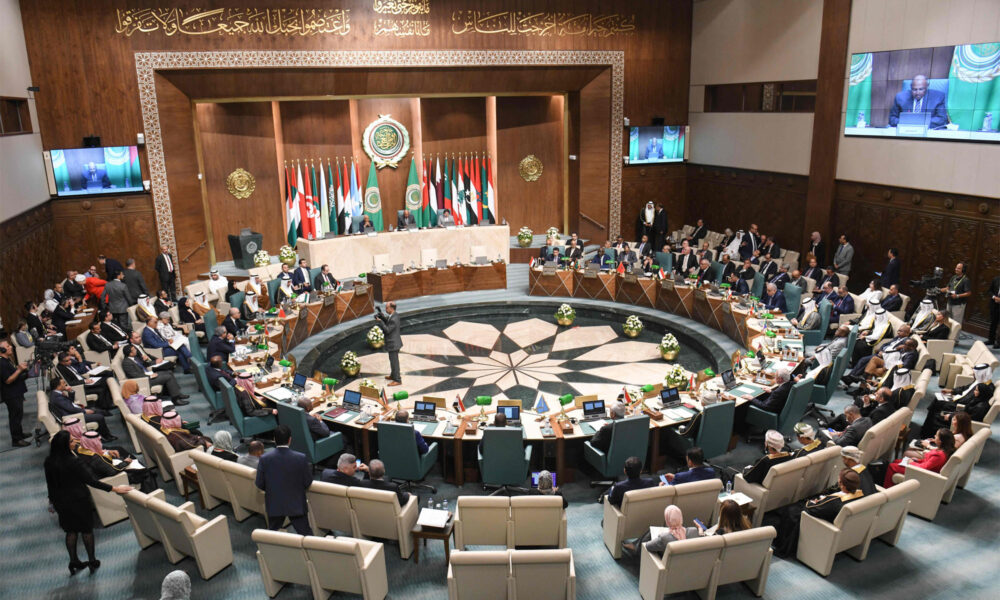News
Arab League Establishes Council Of Ministers For Cybersecurity
Secretary General Ahmed Aboul Gheit stressed the significance of increased cooperation as cyber threat levels intensify.

Officials at the 160th session of the Council of the Arab League — held in Cairo — have welcomed the decision to establish a Council of Ministers for Cybersecurity.
The council aims to document and develop cooperation between Arab states in all aspects related to cybersecurity, which has become a growing threat to national and regional stability.
Saudi Arabia proposed the decision, and as such, the council’s general secretariat and executive office will be based in Riyadh.
Ahmed Aboul Gheit, secretary-general of the Arab League, stressed the importance of heightened cooperation in cybersecurity, explaining that regional stability and economic growth would be impossible without joint action from all Arab nations.
Assistant secretary-general Hossam Zaki was in agreement with Gheit, stating, “The council aims to develop […] and coordinate efforts between Arab countries in all aspects related to cybersecurity issues. The field of cybersecurity has become a major pillar of any security system, and there cannot be economic development, for example, without the provision of cybersecurity, with all its elements for society and citizens”.
Initially, the council will seek to develop cybersecurity at all economic and legislative levels by proposing policies, standards, and initiatives that will apply to all participating states.
Also Read: The Largest Data Breaches In The Middle East
According to US consulting firm Frost & Sullivan, the Middle Eastern cybersecurity market will be worth over $30 billion by 2030, representing a compound annual growth rate (CAGR) of nearly 20% as regional governments increasingly seek to protect their infrastructure and data.
The report revealed that the UAE and Saudi Arabia are expected to take the lead in cybersecurity adoption due to the favorable economic conditions and startup-friendly regulations that have made them popular locations for tech companies and innovators.